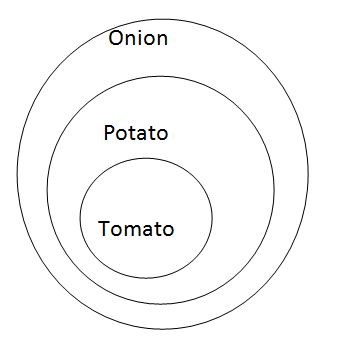Start learning 50% faster. Sign in now
All tomatoes are potatoes (A) ⇒ conversion ⇒ some potatoes are tomatoes (I). Hence, conclusion I will follow. All tomatoes are potatoes (A) + All potatoes are onions (A) = All tomatoes are onions (A). Hence, conclusion II will also follow. Alternate Method: 
The maximum foreign direct investment (FDI) allowed in Indian insurance companies is:
A retrocessionaire is:
Which of the following is NOT a common type of insurance policy?
The 'No Fault Liability' provision in the Motor Vehicles Act, 1988 is applicable to:
If you might want to discontinue the policy, and take whatever money is due to you. The amount the insurance company then pays is known as?
In a "hard market," what typically happens to insurance premiums and coverage?
In Insurance policies we always find a date which is “Date of Maturity”. What does it mean?
The Motor Vehicles Act, 1988 requires what document as proof of insurance?
Nethanna Ku Bima insurance scheme is related which of the following state?
What is the purpose of "reinsurance"?